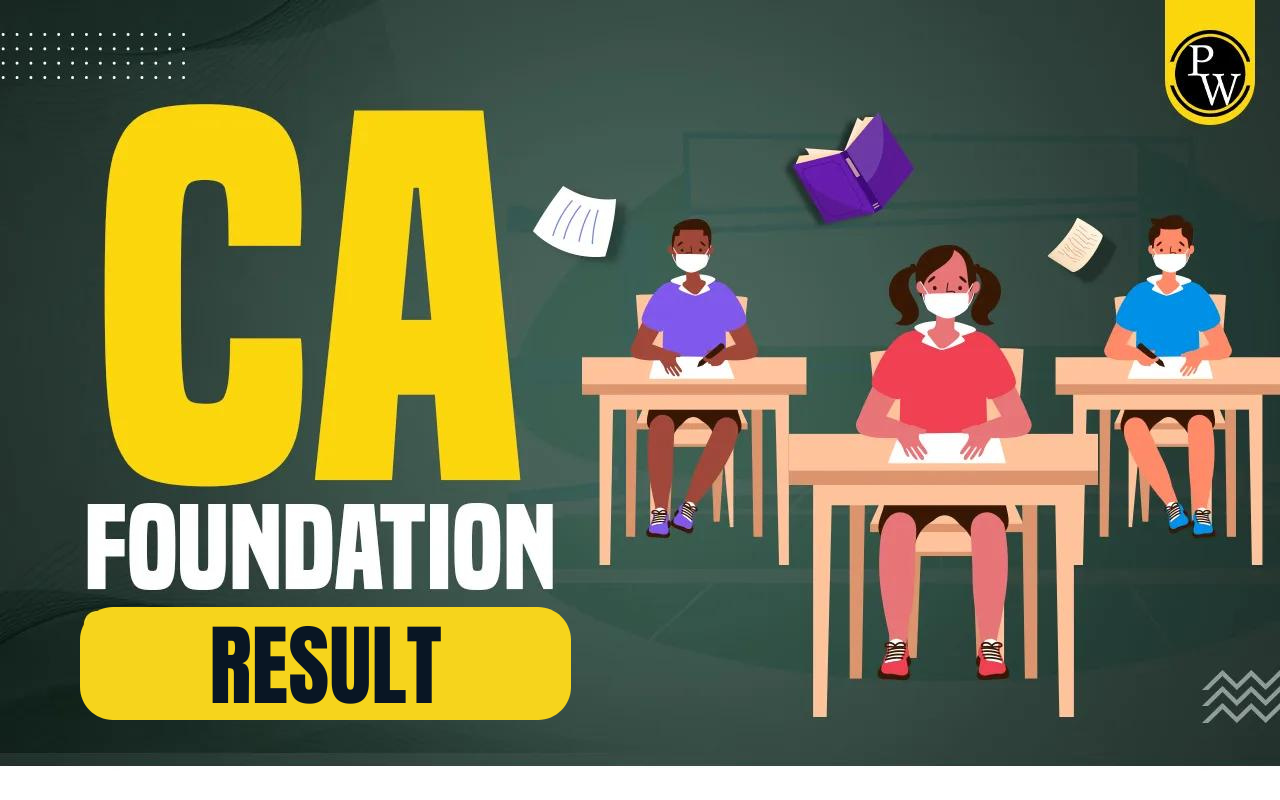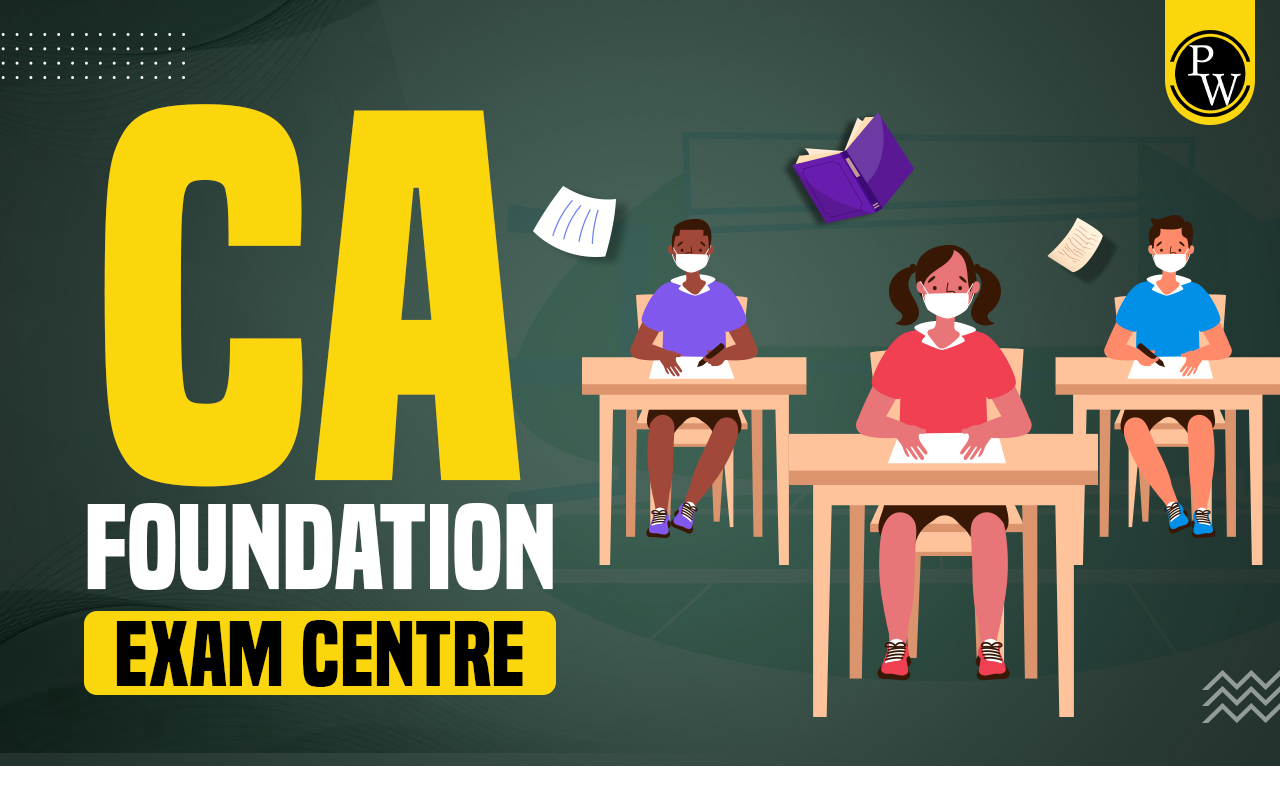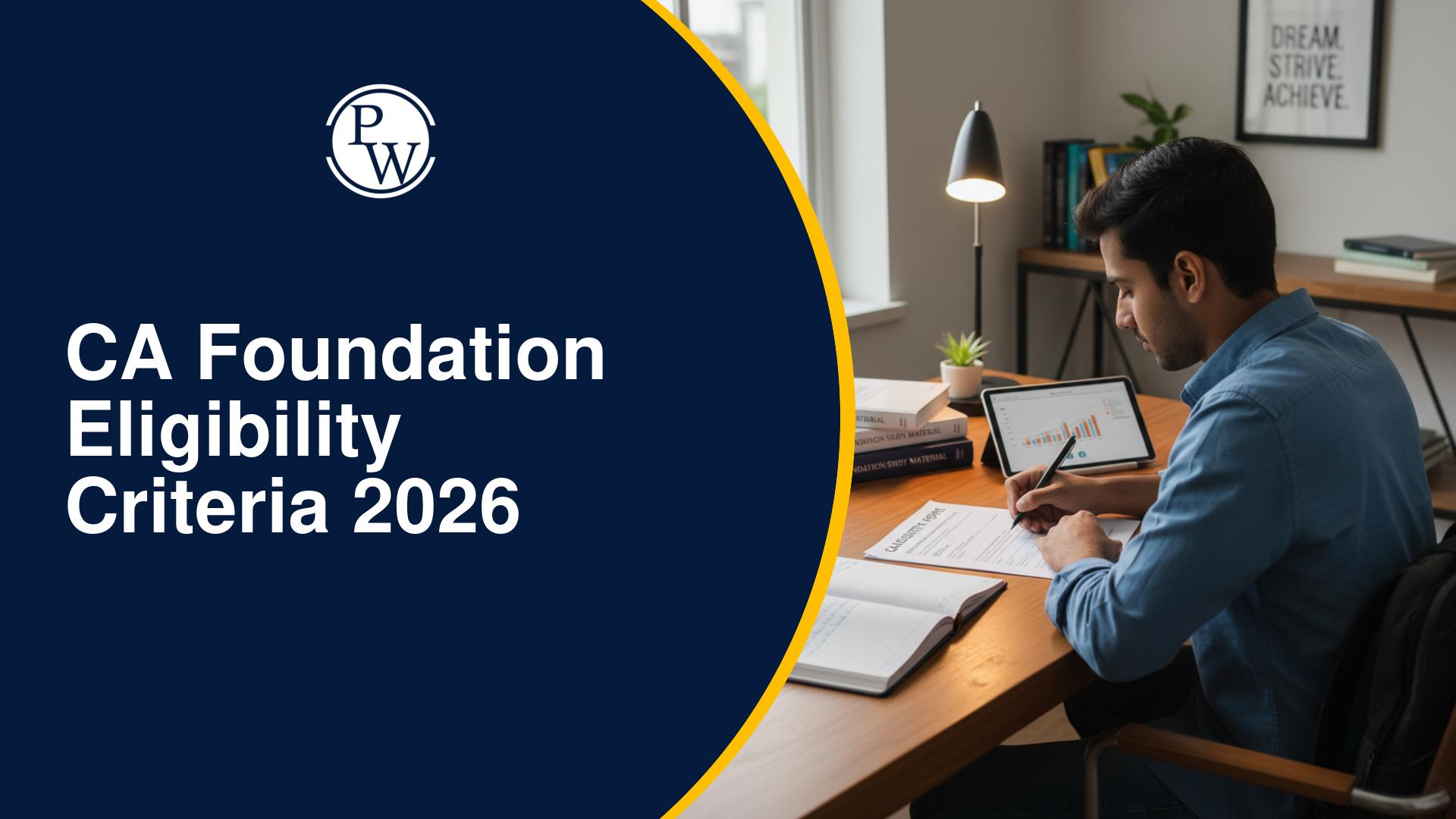
As a CA student, delving into the complexities of auditing financial institutions can be both exciting and challenging. The audit of financial institutions requires a thorough understanding of various financial operations, regulations, and compliance requirements. This article aims to equip you with the essential knowledge needed to excel in this area and crack your CA Exams with confidence.
What Is Audit of Financial Institutions?
The audit of financial institutions involves the systematic examination and evaluation of the financial records, operations, and compliance of entities such as banks, insurance companies, and investment firms. This process ensures that these institutions adhere to regulatory standards, maintain accurate and fair financial reporting, and implement effective risk management practices. Auditors assess internal controls, verify the accuracy of financial statements, and identify potential areas of fraud or financial mismanagement. Given the complexity and high volume of transactions in financial institutions, auditors must possess specialized knowledge and use advanced analytical tools to conduct thorough and efficient audits.Components of Auditing Financial Institutions
The following are the components of Auditing Financial Institutions:1. Regulatory Compliance
Financial institutions are heavily regulated. Auditors must ensure compliance with various regulations, such as the Banking Regulation Act, Insurance Act, and other guidelines issued by bodies like the Reserve Bank of India (RBI) and the Securities and Exchange Board of India (SEBI).2. Risk Management
Risk management is at the heart of financial institutions. Auditors evaluate the risk management frameworks, ensuring that these institutions can identify, assess, and mitigate risks effectively. This includes credit risk, market risk, and operational risk.3. Internal Controls
Strong internal controls are essential for preventing fraud and ensuring accuracy in financial reporting. Auditors assess the effectiveness of these controls and suggest improvements where necessary.4. Financial Reporting
Accurate financial reporting is crucial for stakeholders. Auditors scrutinize financial statements to ensure they present a true and fair view of the institution's financial position and performance.Also Check: Accounting for Investments
Challenges in Auditing Financial Institutions
Auditing financial institutions presents unique challenges. The complexity of financial products, the volume of transactions, and the need for specialized knowledge make this task daunting. However, with the right approach and resources, these challenges can be overcome.1. Complexity of Financial Products
Financial institutions deal with a wide range of complex products like derivatives, securitized assets, and structured finance products. Auditors need to understand these products thoroughly to evaluate their risks and valuations.2. High Volume of Transactions
The sheer volume of transactions in financial institutions can be overwhelming. Auditors must use data analytics and other technological tools to manage and analyze large datasets efficiently.3. Specialized Knowledge
Auditors require specialized knowledge of the financial sector, including regulatory requirements, accounting standards, and risk management practices. Continuous learning and professional development are essential.Best Practices in Auditing Financial Institutions
To excel in the audit of financial institutions, auditors should follow best practices that ensure thoroughness and accuracy.1. Continuous Professional Development
Stay updated with the latest developments in the financial sector, regulatory changes, and emerging risks. Enroll in courses, attend seminars, and engage with professional bodies.2. Use of Technology
Leverage technology, such as data analytics, artificial intelligence, and machine learning, to enhance audit efficiency and effectiveness. These tools can help identify anomalies, patterns, and potential risks.3. Collaboration and Communication
Effective communication with the management and board of directors is crucial. Collaborate with other auditors and professionals to share knowledge and insights. The audit of financial institutions is a dynamic and challenging field that requires a deep understanding of financial operations, regulatory frameworks, and risk management. As a CA student, mastering this area not only enhances your professional competence but also prepares you for a rewarding career in the financial sector. With the right guidance and training, such as that offered by PW CA Coaching, you can confidently navigate the complexities of financial audits and achieve your career goals.| Also Check | |
| Inventory Valuation | Environmental Audit |
| Audit of Non-Profit Organizations | Forensic Audit |
| Governmental Accounting | Compliance Audit |
Audit of Financial Institutions FAQs
What is the primary purpose of auditing financial institutions?
Which regulatory bodies govern the audit of financial institutions in India?
How does technology impact the audit of financial institutions?
What are the key challenges in auditing financial institutions?









